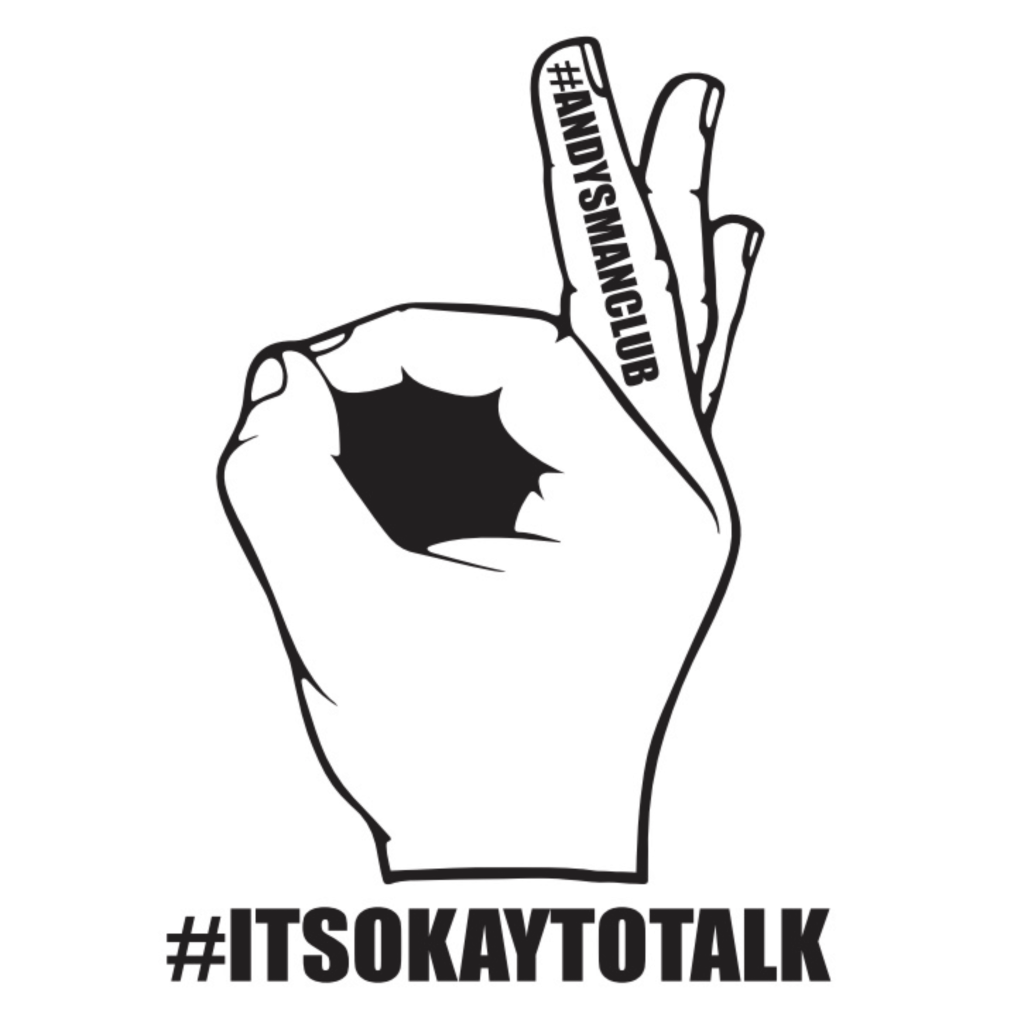Why Men Struggle with Anger
Anger is a natural human emotion but for many men it becomes one of the few emotions they feel comfortable expressing. From a young age, boys are often conditioned to suppress emotions like sadness, fear or vulnerability while anger is seen as more acceptable. This can lead to difficulties in recognising and processing emotions in a healthy way, making anger a dominant emotional response.
While anger itself isn’t harmful, how it is expressed can be. Some men experience explosive outbursts while others suppress anger until it shows up as passive-aggressiveness, chronic irritability or emotional withdrawal. When left unaddressed, unmanaged anger can damage relationships, affect careers and impact both mental and physical health.
The Hidden Connection Between Emotional Suppression and Anger
Many men struggle with anger not because they are naturally aggressive but because they have been conditioned to suppress other emotions. Research suggests that emotional suppression can lead to frustration, aggression and even physical health issues over time.
The Science Behind Emotional Suppression and Anger
Studies in psychology and neuroscience show that suppressing emotions increases stress levels and harms long-term mental and physical health. A study published in Emotion (2013) found that emotional suppression leads to higher physiological arousal, keeping the body in a constant state of stress and increasing the likelihood of aggressive behaviour. Another study in the Journal of Consulting and Clinical Psychology (2016) found that men who suppress emotions are more likely to experience chronic anger and resentment.
Over time, unaddressed anger can contribute to:
- Increased stress and anxiety. Suppressed emotions do not disappear. They build up as chronic stress
- Physical health issues. Chronic anger is linked to high blood pressure, heart disease and a weakened immune system
- Relationship breakdowns. Poor anger management can create distance and conflict with partners, family and friends
- Workplace difficulties. Struggling to manage frustration can affect performance and professional relationships
- Underlying mental health struggles. Anger often masks deeper issues like depression, unresolved trauma or low self-worth
How to Manage My Anger Better
Managing anger in a healthy way starts with recognising it as a signal, not something to fear or push down. Activities like exercise, deep breathing or creative expression can help channel anger into something useful rather than harmful. Emotional regulation and self-awareness make it easier to pause before reacting and give space to respond more thoughtfully.
Healthy coping strategies include setting boundaries, having honest conversations and learning to express emotions without being aggressive. Anger can be a powerful motivator. When used well, it can help highlight what matters and lead to important changes in life and relationships. The key is learning how to use it without letting it take control.
Another step is improving communication. Taking a moment before reacting in heated situations can reduce conflict. Expressing feelings through journaling, art or conversations with people you trust helps transform anger into something productive. Over time, these habits replace reactive anger with a more grounded way of responding to emotional challenges.
How Therapy Can Help Men Manage Anger
Therapy gives men a space to understand where their anger comes from and learn tools to manage it better. A good therapist can help you:
- Recognise emotional triggers. Understand which situations, thoughts or memories provoke anger
- Build healthier coping mechanisms. Learn ways to stay calm and grounded in difficult moments
- Improve communication and problem-solving. Get better at saying what you feel without making things worse
- Process unresolved pain. Many men carry emotional wounds that fuel their anger. Therapy gives space to face and heal them
- Strengthen self-awareness. Recognise emotional patterns and take more control over your responses
Seeking therapy is not about being weak. It’s a choice to take charge of your emotional life and your relationships. With the right support, men can move from frustration and outbursts to clarity, confidence and control.
Anger itself is not the problem. It’s how it is managed that matters. When men learn to process emotions in a healthier way, life becomes more balanced. Relationships improve. Stress reduces. Therapy offers the tools to stop the cycle of silence, pressure and conflict, and instead build something stronger and more stable.
If you or someone you know is struggling with anger, support is available. Reaching out is not weakness. It is a step towards emotional strength, better health and a more connected way of living.















